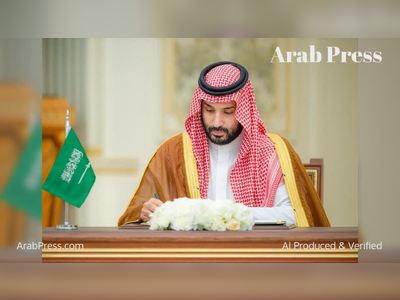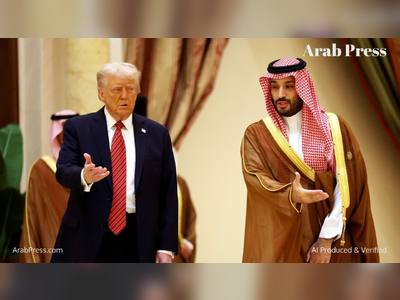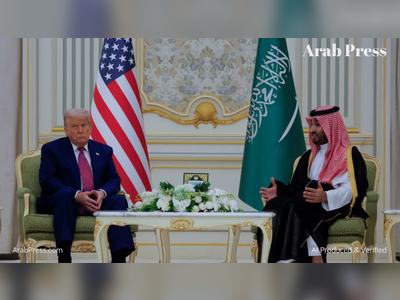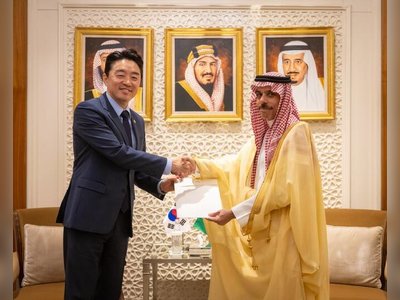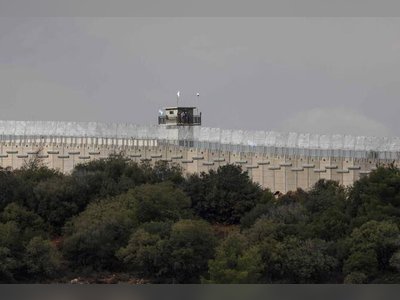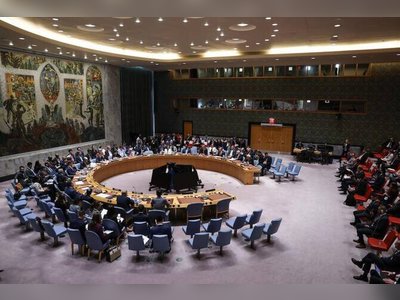Saudi-Israeli Normalisation Deal Looms, But Riyadh Insists on Proceeding After Israeli Elections
With regional peace on the table, the only remaining question is timing — and Israel’s next government
A comprehensive normalisation agreement between Saudi Arabia and Israel appears increasingly inevitable, but Riyadh has made it clear that it will await Israel’s electoral cycle before formalising relations.
Analysts say the deal is effectively written; the remaining question is when, not if it will be signed.
Saudi Arabia, long considered the crown jewel of Arab-Israeli diplomacy, deferred negotiations amid the Gaza war and domestic opposition.
While Israel views reciprocal recognition as the final step in its regional integration, the Saudis are focused first on securing a robust strategic partnership with the United States — including advanced arms, technology access and defence guarantees.
The timing of Israeli elections has become a central factor.
Saudi decision-makers believe that a new Israeli government, established after Israel’s next vote, will be necessary to clinch any deal.
The current coalition is seen in Riyadh as lacking the political capital to give the Saudis the political credit they would need at home.
Finance Minister Bezalel Smotrich’s recent remarks dismissing Saudi ties underscore the diplomatic gap between the sides.
President Donald Trump remains a key architect of the process, urging the breakthrough as a legacy-defining move while balancing American interests in the Gulf.
Washington is actively pushing for an agreement but also recognising that Riyadh holds the leverage.
The Saudis are keen that any agreement include a credible pathway toward Palestinian statehood—a red line for the royal court and its regional standing.
Though some observers expected the deal to emerge soon, the reality is that Saudi Arabia has chosen to let the window open for the right moment.
Whether Israel’s next government can meet the prerequisite terms and whether Washington is willing to tie weapons and technology deals to normalisation will determine when the deal is sealed.
Analysts say the deal is effectively written; the remaining question is when, not if it will be signed.
Saudi Arabia, long considered the crown jewel of Arab-Israeli diplomacy, deferred negotiations amid the Gaza war and domestic opposition.
While Israel views reciprocal recognition as the final step in its regional integration, the Saudis are focused first on securing a robust strategic partnership with the United States — including advanced arms, technology access and defence guarantees.
The timing of Israeli elections has become a central factor.
Saudi decision-makers believe that a new Israeli government, established after Israel’s next vote, will be necessary to clinch any deal.
The current coalition is seen in Riyadh as lacking the political capital to give the Saudis the political credit they would need at home.
Finance Minister Bezalel Smotrich’s recent remarks dismissing Saudi ties underscore the diplomatic gap between the sides.
President Donald Trump remains a key architect of the process, urging the breakthrough as a legacy-defining move while balancing American interests in the Gulf.
Washington is actively pushing for an agreement but also recognising that Riyadh holds the leverage.
The Saudis are keen that any agreement include a credible pathway toward Palestinian statehood—a red line for the royal court and its regional standing.
Though some observers expected the deal to emerge soon, the reality is that Saudi Arabia has chosen to let the window open for the right moment.
Whether Israel’s next government can meet the prerequisite terms and whether Washington is willing to tie weapons and technology deals to normalisation will determine when the deal is sealed.
